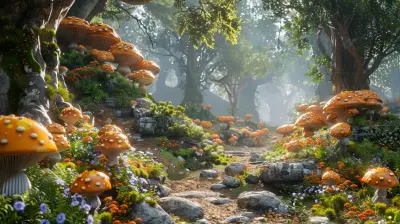Momentum in Game Progression and Why It Matters
15 November 2025
Ever played a game that had you hooked right from the start, urging you to keep going, always wondering what’s around the next corner? Chances are, that game had one key ingredient dialed in perfectly — momentum. It’s not some fancy gaming buzzword. It’s the secret sauce that keeps players locked in, clicking, grinding, and chasing one more objective before calling it a night.
So, let’s talk about momentum in game progression, what it really means, and why it plays such a crucial role in crafting unforgettable gaming experiences.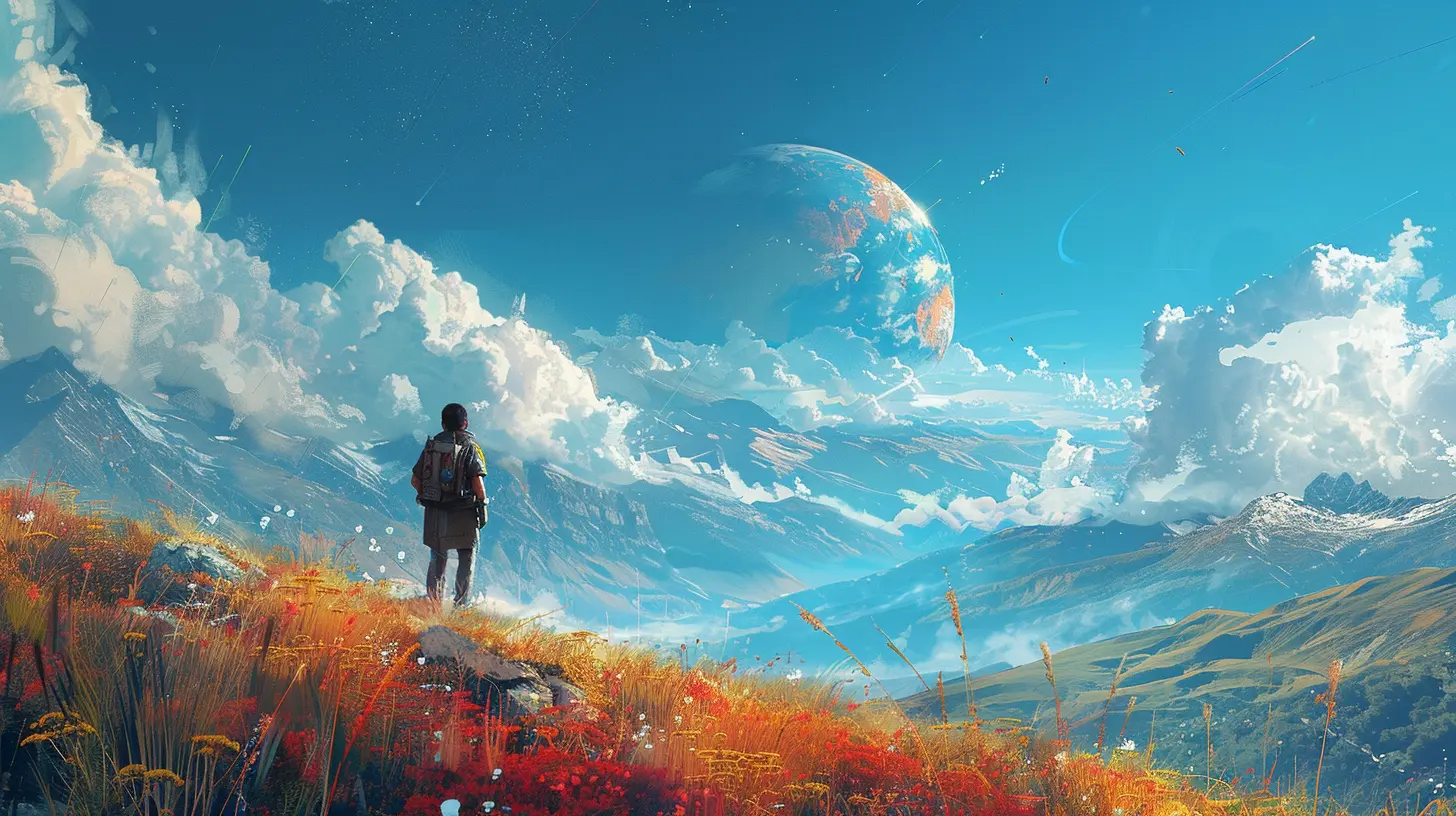
What Exactly Is Momentum in Games?
Alright, let’s keep it simple. Momentum in games is that invisible push forward — that feeling of constantly making progress, whether it’s leveling up, unlocking a new ability, uncovering a juicy piece of the story, or finally beating a boss that’s been haunting your dreams.Think of momentum like riding a bike downhill. Once you start rolling, the ride becomes smoother and faster. In games, momentum gets players rolling and keeps them going. Break that flow, and suddenly, things feel forced or worse — boring.
And when it’s gone? You feel it. You're stuck on a grindy quest. The same enemies. The same mechanic. That magical forward pull is gone. That's when players tend to log out and not come back.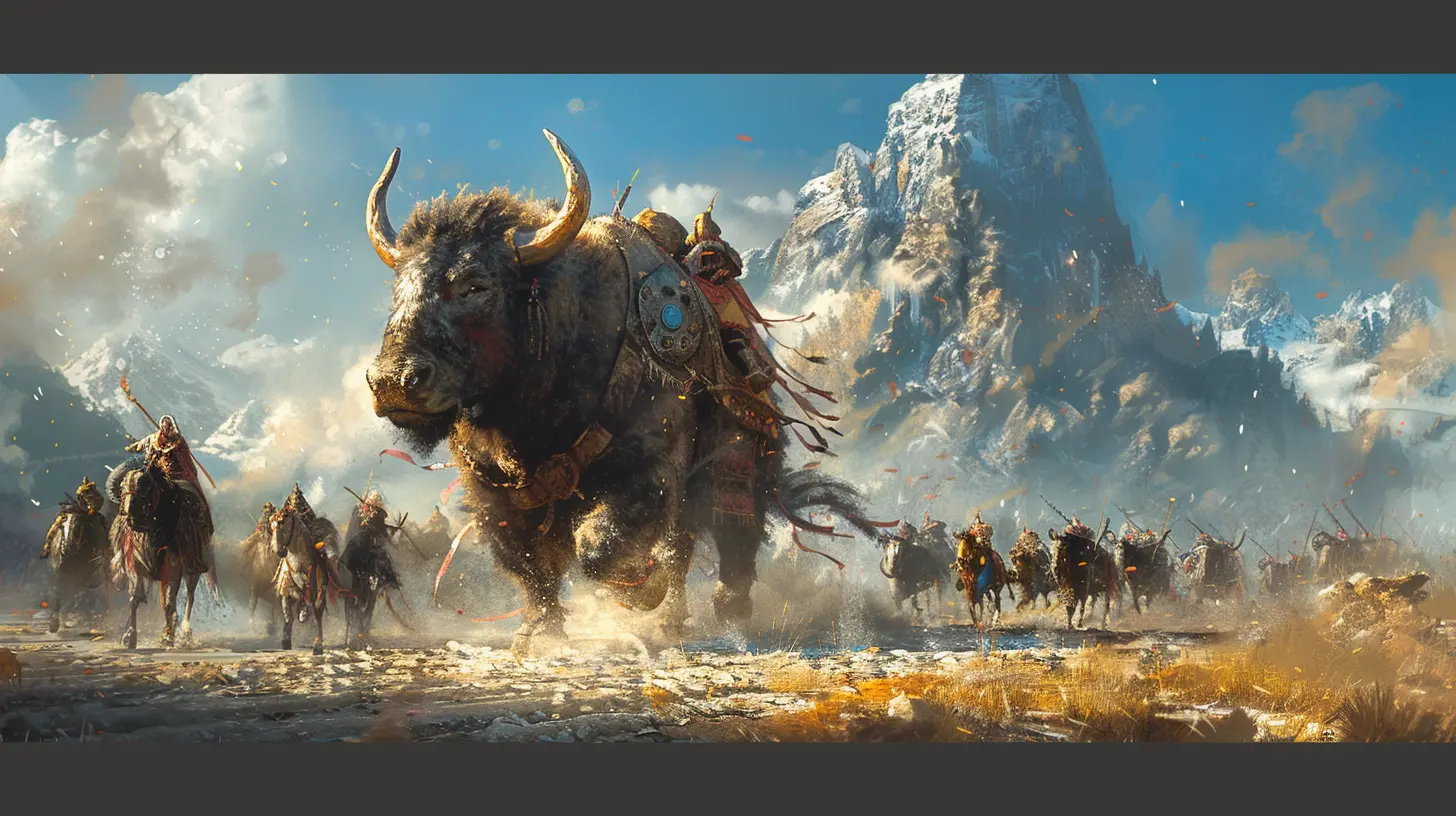
Why Momentum Is the Backbone of Game Progression
You know that buzz you get after finishing a tricky level or unlocking a rare item? That’s momentum doing its thing. It's more than just pacing or difficulty scaling — it's about ensuring that players always feel like what they’re doing matters.Here’s why it matters:
1. It Keeps Things Flowing
Games with strong momentum don’t let you feel stuck for too long. Even if there's a roadblock, there’s usually another path or a side quest that builds you up while keeping the experience fresh.Momentum ensures there's no dead air. Whether you're gaining XP, advancing the story, or just having fun with mechanics — that forward motion keeps players engaged without feeling overwhelmed.
2. Creates a Sense of Purpose
Ever played a game where you just don’t know what you're supposed to do next? That’s a momentum killer.Good momentum guides players smoothly. It doesn’t hand-hold, but it also doesn’t toss you into an ocean and say, “Swim.” It balances direction and freedom, giving players clear goals, satisfying milestones, and meaningful rewards.
3. Builds Emotional Investment
Momentum builds emotional investment. If you’re consistently rewarded for your time — even with small wins — you're more likely to keep playing.Progression systems that keep dangling that next reward, that next piece of lore, or that next dungeon — they tap into our basic love for achieving things. When games respect your time and effort, you stick with them.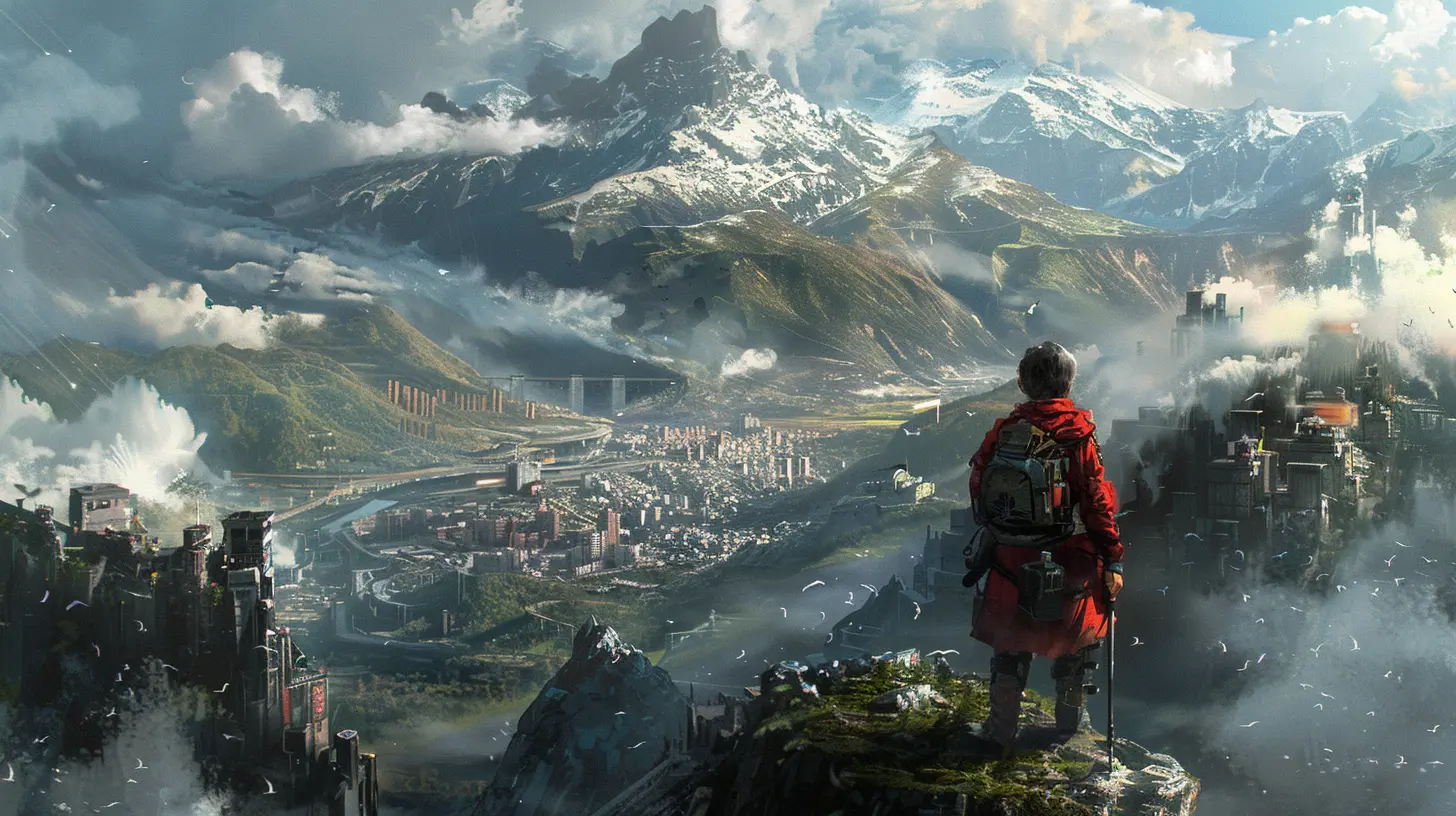
Types of Momentum in Game Progression
Not all momentum looks the same. In fact, it evolves depending on the genre, design goals, and gameplay systems. Let’s break down the most common types:1. Narrative Momentum
Story-rich games thrive on this. Think titles like The Witcher 3 or Red Dead Redemption 2. The world, the characters, and the plot all carry a sense of urgency or curiosity.When a story makes you care — about the characters, the mystery, or the consequences — it pushes you forward. You don’t want to stop because you’re invested.
2. Gameplay Momentum
This is all about how the game feels in your hands. Momentum in gameplay refers to:- Smooth difficulty curve
- Satisfying combat systems
- Engaging mechanics that evolve over time
Games like Hades or Celeste do this brilliantly — you're always learning, improving, and feeling the thrill of better performance.
3. Progression-Based Momentum
Levelling up, unlocking skill trees, crafting better gear — these give you visible, tangible progress. It’s why RPGs rely so heavily on XP bars and loot systems.That feeling of getting stronger? That’s fuel for momentum.
4. Environmental or World Momentum
Open-world games or metroidvanias use world design to create momentum. Take Hollow Knight or Breath of the Wild — every corner of the world feels like it holds something special. That curiosity is a powerful motivator.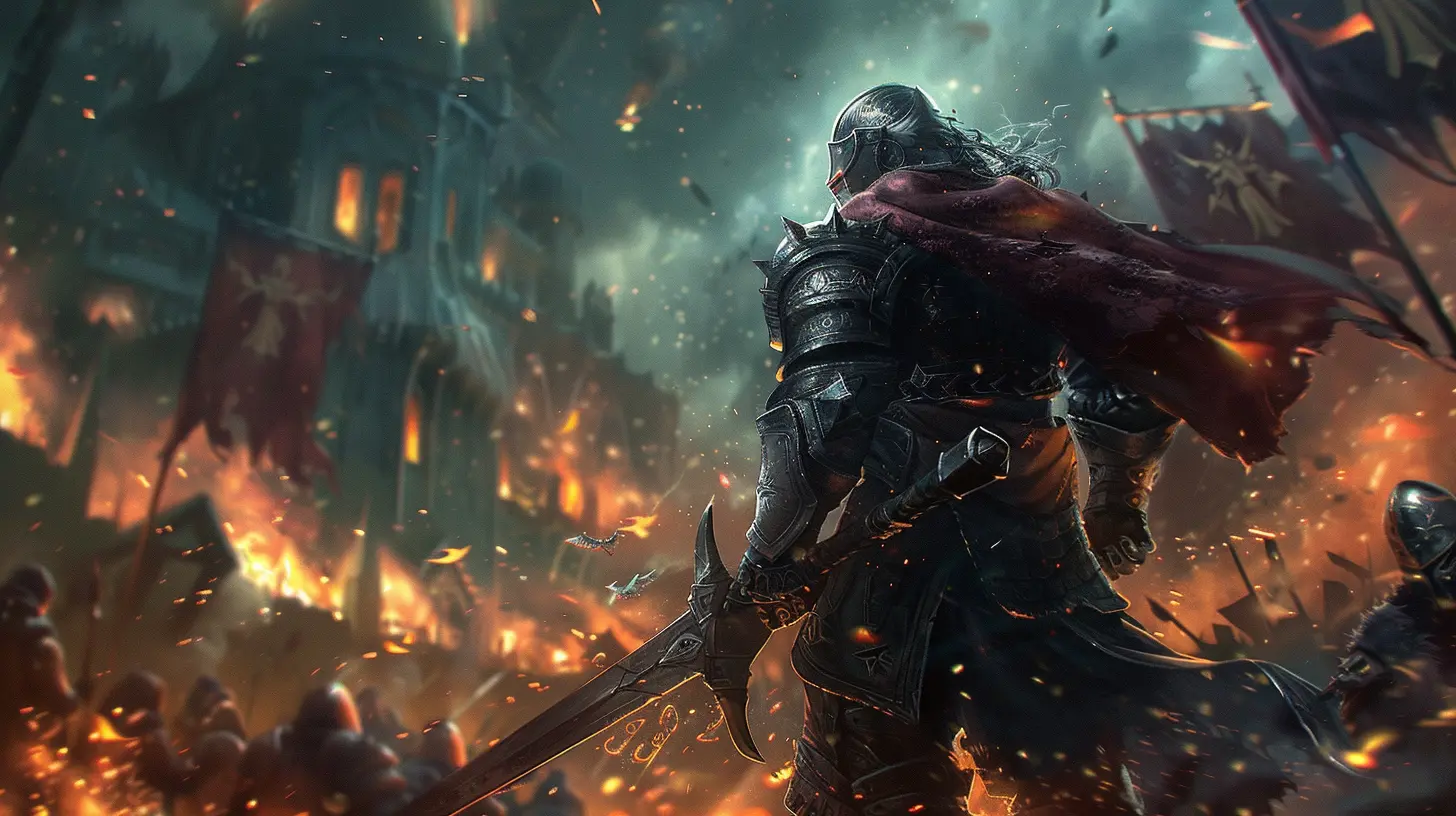
How Developers Build (or Break) Momentum
Designing for momentum isn’t easy. It’s an art form — a balancing act between challenge, pacing, and reward.✅ What Builds Momentum
- Early Wins: Hook players fast with some quick, easy achievements early on.- Progression Systems: Skill trees, gear upgrades, new mechanics — all give a sense of growth.
- Flow State Design: Pacing that adapts and escalates. Think dynamic difficulty or smart quest design.
- Meaningful Rewards: Not just “more loot,” but loot that changes how you play or feels significant.
- Constant Feedback: Sound effects, animations, and XP bars — tiny nudges that say, “You’re doing great!”
❌ What Breaks Momentum
- Poor Checkpoints: Nothing kills motivation faster than losing an hour of progress.- Steep Difficulty Spikes: Sudden, unfair jumps discourage players.
- Repetitive Tasks: Copy-paste missions, samey enemies, or endless grinding can feel like busywork fast.
- Lack of Direction: Aimlessness isn't freedom — it's confusion.
- Overwhelming Systems: When there’s too much going on with no clear path, players mentally check out.
Examples of Momentum Done Right (and Wrong)
Let’s talk specifics.⭐ Games That Nailed It
- Hades — Roguelike that rewards every run, even if you fail. Between evolving storylines and unlocking powers, you always feel like you're getting somewhere.- God of War (2018) — Balances intense combat with emotional storytelling. Even downtime feels meaningful.
- Super Mario Odyssey — Constant variety, constant movement. Always something new to do or explore.
- Persona 5 — Balances school life with deep dungeon crawling. Days pass, deadlines loom. That tension creates non-stop forward push.
🚫 Games That Struggled
- Anthem — Promised momentum with flight combat and loot systems, but the loop became stale quickly. Repetition crushed player drive.- Mass Effect: Andromeda — Gave players a massive world, but without a compelling pace or urgency. The momentum fizzled.
- Cyberpunk 2077 (at launch) — Momentum was frequently interrupted by bugs, poor AI, and inconsistent quest design. The world was immersive, but technical issues derailed the forward push.
How You Can Spot Momentum in the Games You Play
Want to know if a game’s momentum is working for you? Ask yourself:- “Do I want to keep playing?”
- “Am I getting something valuable out of each session?”
- “Is the game rewarding my time and effort?”
- “Do I feel stronger, smarter, or more skilled compared to when I started?”
If the answer to most of those is yes, congrats — you're in the zone. The game has got you, and it’s doing momentum right.
Final Thoughts: Why Momentum Is the Heartbeat of Great Games
Here’s the truth — momentum isn’t optional. It’s the heartbeat of a game’s progression system. Without it, even the most beautiful game can feel like a slog.When developers understand how to craft smart, dynamic progression — with consistent pacing, rewards, and emotional beats — they create something magical. Something players don’t just play… but lose themselves in.
Momentum is what keeps you saying, “Just one more quest,” at 2AM. And in a world full of distractions, that’s a powerful achievement.
all images in this post were generated using AI tools
Category:
Game ProgressionAuthor:

Avril McDowney
Discussion
rate this article
1 comments
Yazmin Becker
Great insights on momentum in game progression! It’s fascinating how pacing can shape player experience and engagement. This article really highlights the subtle balance developers must strike to maintain excitement while allowing meaningful growth in gameplay. Thank you for sharing these thoughts!
November 15, 2025 at 3:41 AM

Avril McDowney
Thank you for your thoughtful comment! I'm glad you found the insights on pacing and player engagement valuable. It's a critical balance for developers to maintain!
